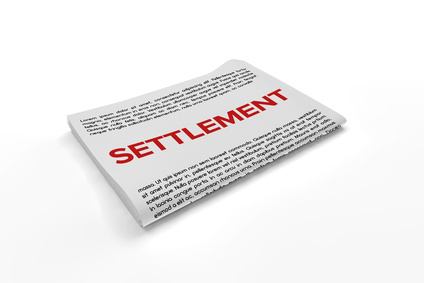
If you’ve been offered a settlement agreement (or compromise agreement in NI) and you’re wondering whether it’s confidential, the short answer is yes, it probably is. So you shouldn’t tell anyone about it nor discuss details of the terms that have been agreed.
The longer answer to the question of whether or not a settlement agreement is confidential is – it depends on the terms of the agreement.
Usually, the employer asks the employee:
- NOT to use any information that has been marked as confidential
- NOT to disclose any confidential information to a person or company
- NOT to tell anyone that the agreement exists
- NOT to tell anyone what the terms of the agreement are
- NOT to make any derogatory comments about the employer or your former colleagues to a third party
The employer may consider these requirements to be crucial to the business, and therefore they form an important part of your negotiation with them.
In return to accepting the terms your employer imposes, and agreeing not to take them to court or a tribunal, you will receive financial compensation. You might also receive other benefits, such as an agreed reference letter.
Here’s a reminder of the key points about settlement agreements:
Why might I be offered a settlement agreement?
Usually, a settlement agreement will relate to a claim for:
- Unfair dismissal
- Redundancy
- Discrimination, victimisation or harassment
However, you might be offered a settlement agreement anytime – on recruitment, during your employment, or when your employment has been terminated.
A settlement agreement does not apply in case of:
- Personal injury claims
- Pension claims
- TUPE claims (when ownership of a business has been transferred)
What will be included in my settlement agreement?
The content of a settlement agreement depends on what’s agreed between you and your employer, but usually includes:
- Amount of money you’ll receive as compensation
- What happens about untaken holiday pay and bonuses
- What happens about future tax and National Insurance contributions
- Who is paying what to cover any legal fees
- Any restrictive covenants, such as a no-compete clause forbidding you to work for a competitor for a period of time
Is my settlement agreement legally binding?
To be legally binding, the settlement agreement must relate to a particular complaint, and must be made in writing.
You must take legal advice from an independent adviser about the terms of the agreement, including what you will receive and what rights you will be giving up (we can help with that). The independent adviser must be properly insured to give such advice, and be named on the settlement agreement. Your employer will usually cover the cost of this advice.
Need help?
For a free initial review of your claim, call 0808 168 7288 or Make An Online Enquiry>.
We have already helped thousands of people to win millions of pounds in compensation.
You have a choice of ways to pay, including ‘no win, no fee’.
